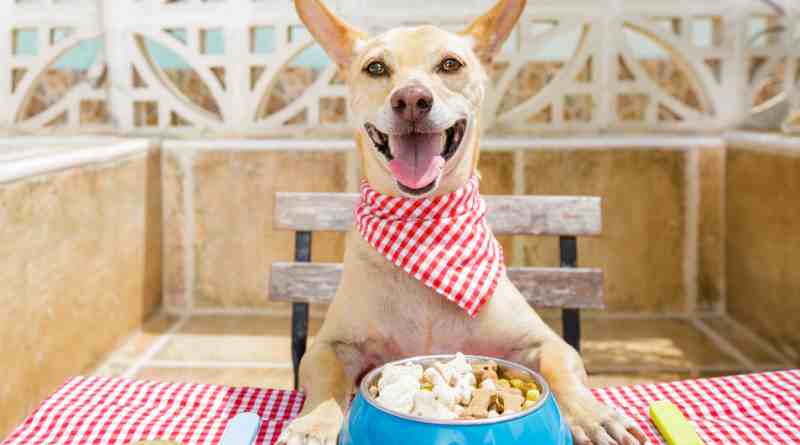Introduction
When it comes to sharing our favorite foods with our four-legged friends, many pet owners often wonder about the safety and health implications of various human foods. It’s creamy, flavorful, and often found drizzled over salads, pizzas, and snacks — foods we might be tempted to share with our canine companions. However, the question arises: Can dogs eat ranch dressing without any health risks? Ranch dressing, a popular condiment in many households, is no exception. This article delves into vet-approved nutrition facts and explores the potential health risks associated with feeding ranch dressing to dogs.
What is Ranch Dressing?
Ranch dressing is a type of salad dressing made from ingredients such as buttermilk, salt, garlic, onion, mustard, herbs (commonly dill, chives, and parsley), and spices (like black pepper, paprika, and ground mustard seed), mixed into a base of mayonnaise or another oil emulsion. While delicious and versatile, these ingredients can raise several concerns when it comes to canine health.
Nutritional Content of Ranch Dressing
Ranch dressing is high in fats and calories, which can be detrimental to a dog’s health if consumed in large amounts. A typical serving of ranch dressing (about two tablespoons) contains approximately 140 calories and 14 grams of fat. This high fat content can lead to obesity in dogs, especially those who are not very active or are already overweight.
Health Risks of Feeding Ranch Dressing to Dogs
High Fat Content and Pancreatitis
One of the most significant risks associated with feeding dogs ranch dressing is the high fat content, which can lead to pancreatitis, a serious condition characterized by the inflammation of the pancreas. Symptoms of pancreatitis include vomiting, diarrhea, abdominal pain, lethargy, and decreased appetite. Severe cases can be fatal if not treated promptly.
Garlic and Onion Toxicity
Another critical concern is the presence of garlic and onion in ranch dressing — both are toxic to dogs. These ingredients can cause oxidative damage to red blood cells, leading to anemia. The symptoms of toxicity from garlic and onions may not appear immediately and can include weakness, lethargy, pale gums, and in severe cases, respiratory distress.
Salt and Sodium Content
Ranch dressing also contains significant amounts of salt, which can be harmful to dogs in large quantities. High sodium intake in dogs can lead to increased thirst and urination, and in extreme cases, it could cause sodium ion poisoning. Symptoms of too much salt include vomiting, diarrhea, tremors, and seizures.
Safe Alternatives to Ranch Dressing
Given the risks associated with ranch dressing, pet owners might consider safer alternatives when looking to treat their dogs. For instance, plain yogurt or cottage cheese can provide a creamy texture and flavor without the harmful effects of high fat, garlic, onions, and excessive salt. These alternatives also offer additional benefits like calcium and probiotics, which can support a dog’s digestive system.
How to Safely Share Human Foods with Your Dog
When it comes to sharing human foods with dogs, moderation is key. Always ensure that the foods do not contain toxic ingredients and are not high in fats, sugars, or salts. It’s advisable to consult with a veterinarian before introducing any new food into your dog’s diet to ensure it is safe and appropriate for their specific health needs.
Conclusion
In conclusion, while it might be tempting to share your ranch dressing with your dog, it is generally safer to avoid it due to the potential health risks involved. The high fat content, along with toxic ingredients like garlic and onion, and high levels of sodium, can all contribute to serious health issues in dogs. Opting for pet-safe alternatives and consulting with your vet about suitable snacks can help ensure that your dog remains healthy and happy. Remember, treating your pet responsibly is key to maintaining their well-being and your peace of mind.
This detailed examination not only underscores the risks but also highlights the importance of cautious pet feeding practices, ensuring that all pet owners are fully informed about what is safe and what is not for their furry friends.
Read also: check










Leave a Reply